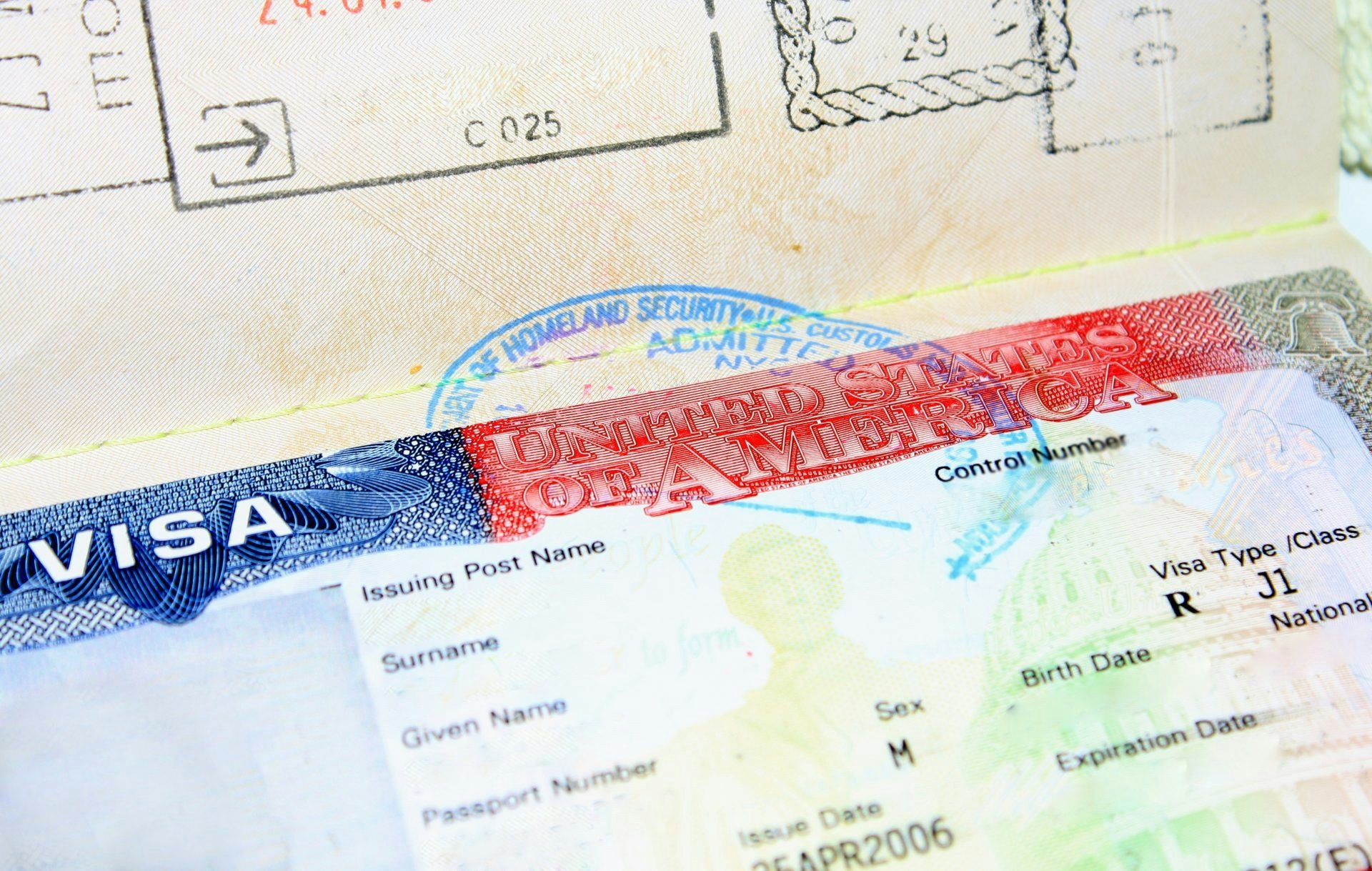According to a U.S. Customs and Border Protection (CBP) notice to be published on Tuesday, the Department of Homeland Security will implement social media vetting of Chinese visitors to the United States. As part of their visa applications, Chinese U.S. visa applicants will be asked to provide their social media account names for the CBP’s reference.
However, the move should not be misinterpreted as the beginning of a crackdown on Chinese immigration and tourism to the United States by the Trump administration. In fact, a similar vetting system has been in place for visitors from countries included in the U.S. Visa Waiver Program, which was rolled out in 2016 by the Obama administration. Among the nationalities currently asked to provide their social media information rank U.S. allies such as Australia and Japan, as well as European Union countries.
Importantly, submitting one’s social media account names is an optional step that theoretically can be left blank “without a negative interpretation or inference.” Nevertheless, the move to vet U.S. visitors’ social media accounts has been criticized by organizations such as the American Civil Liberties Union (ACLU), Access Now, and the Internet Association—which represents Silicon Valley tech giants—for being invasive and for posing privacy risks to visitors to the United States.
“The choice to hand over this information is technically voluntary,” Nathan White, digital rights organization Access Now’s senior legislative manager, told Politico in a statement about the procedure back in 2016. “But the process to enter the U.S. is confusing, and it’s likely that most visitors will fill out the card completely rather than risk additional questions from intimidating, uniformed officers—the same officers who will decide which of your jokes are funny and which ones make you a security risk.”
The case of China leaves additional questions to be answered, particularly in terms of implementation and whether it’s a measure that will make it easier to implement more stringent procedures in the future. While a large majority of Chinese visitors to the United States are social media users, few of them use platforms common outside China due to state censorship. According to CBP spokeswoman Jennifer Evanitsky, Chinese visitors will be able to submit account names for “any platform they want.” Depending on the social media platform and users’ privacy settings, this may not give the CBP access any valuable information at all since the visibility of shared posts and pictures is often limited to the user’s friends.
Concerns that such measures could be extended into more invasive policy in the future is not entirely unfounded. Homeland Security Secretary John Kelly previously told the Homeland Security Committee at a hearing that visa applicants from the seven countries affected by Trump’s executive order on immigration may be asked to submit their social media passwords at U.S. embassies when applying for visas. While it’s very unlikely that such stringent procedures would be implemented for Chinese visitors at this point, it does underline that social media is viewed as an increasingly important tool to vet visa applicants.
The new policy of asking Chinese visa applicants for their social media account names also raises questions about the future of visa policies toward Chinese nationals, and whether it should be viewed as a first step toward tougher visa requirements. In practice, however, it makes the information required by Chinese visitors more similar to that required from nationals of countries that have long represented important overseas tourism markets.
The new visa application format for Chinese visitors to the United States is expected to be rolled out after a 60-day notice period.
